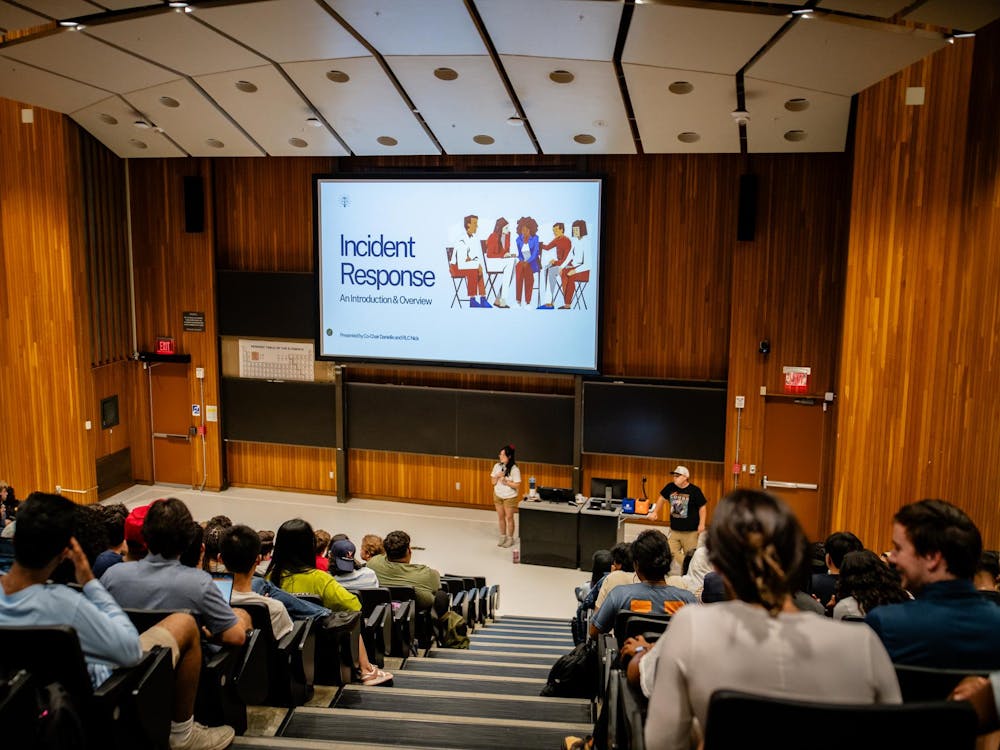By a vote of 75-22, the Virginia House of Delegates recently passed a bill that would regulate and tax short-term rentals that services like AirBnB provide. This comes on the heel of a similar bill that regulates services like Uber and Lyft, which Virginia passed last year. There are many good arguments for regulations, especially since companies like Uber and AirBnB have no obligation to the people who provide services using their platform. However, strong regulations will destroy this booming new sector of the economy and so regulations of these services need to be limited and strictly defined.
Services like Uber and AirBnB don’t actually have many employees. The people who rent their rooms out and drive cars are classified as independent contractors, except for a few who have fought for benefits in court. This means they only have to be paid for the services they provide, normally at an hourly rate. Independent contractors rarely receive any benefits: no sick days, no vacation, no health insurance. Independent contractors also have to pay more taxes than regular employees.
Many have argued people who provide services through Uber and AirBnB should not be independent contractors, that companies are taking advantage of people by taking their profits and providing no benefits. However, this assumes most of the people who provide these services do so as a full time job. This is exactly the opposite of the case. Early last year Uber released statistical information about the people who drive for them. It showed that over half of Uber drivers drive less than 15 hours a week. What’s more, most Uber drivers say they plan to quit before long, admitting they just use the service to make money between jobs.
In light of this information it makes perfect sense that sharing economy companies and users benefit from users being independent contractors. The great benefit of being an independent contractor is that people can make their own hours and are only obligated to themselves. If all the sudden regulations made sharing economy companies provide more benefits for these independent contractors or do a heavier screening of them, it would significantly hamper the freedom that makes these services so effective. People would have to invest a great deal more time and money into getting started, which would lessen the number of users and ultimately make these services less widespread.
Even as independent contractors there are methods Uber drivers can use to receive needed changes. Union-style protests and legal battles are the most effective way drivers have been able to do this. I acknowledge Uber can have too much control over the lives of drivers who depend heavily on the company for a livelihood and that trying to create a union of drivers is very difficult. This will be a long process. But allowing for the organic negotiation of the relationship between the company and users will provide a much more effective form of regulation than one that can be legislated.
One of the many arguments for regulation of these services is that the taxi and hotel industry is heavily regulated, so these service provider companies should be too. But these apps do not work in the same way as traditional companies. If there were more full-time workers, then maybe the argument would work. For people who are mostly just looking to make a little money on the side, regulations like the ones that cover the taxi and hotel industries would be too onerous and in many ways unneeded.
There are places where regulations can help. Some people use these services as a full-time job and they should get some level of benefits from the companies. Though regulations should not force people to become an employee if they are working full-time hours, there should be a legislated option for users to sign a contract with the companies, guaranteeing some benefits while ensuring the user drives a certain number of hours a week. The regulations should focus on that relationship, helping the people who want to make this a job instead of hampering those who use it casually.
Uber alone is valued at over $60 billion and is only one part of the growing sharing economy. People have also come to rely on services like Uber and AirBnB for normal travel needs, often preferring them to traditional hotels and taxis. At the center of these services success and appeal is the fact that a person can become a service provider with a very low barrier to entry. Adding regulation is only going to raise that barrier unless done very carefully. The regulations Virginia has passed so far have been relatively minor and probably will not cause many problems. The sharing economy needs to remain open and loosely regulated if it is going to continue to succeed in Virginia and across the country.
Bobby Doyle is an Opinion columnist for The Cavalier Daily. He can be reached at b.doyle@cavalierdaily.com.






